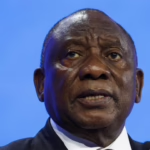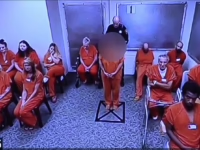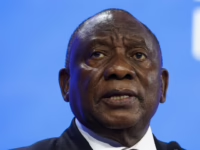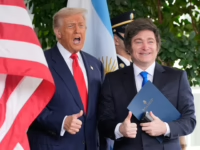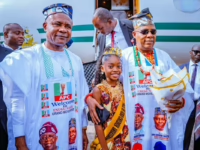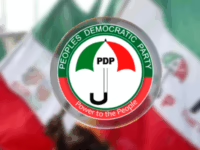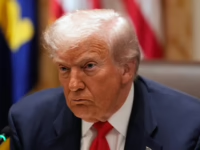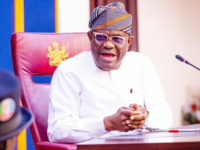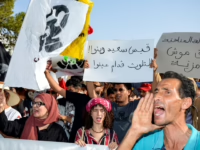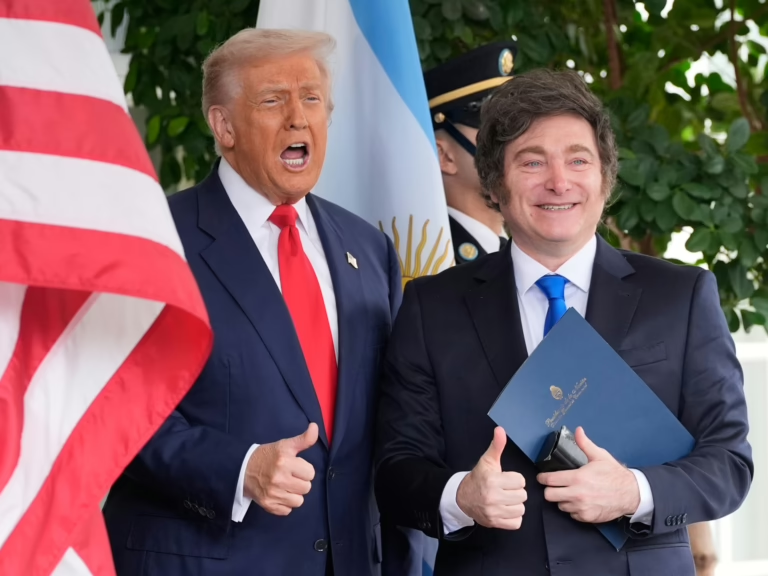Former U.S. President Donald Trump has committed to strengthening Argentina’s economy through a $20 billion currency swap, contingent upon the electoral success of the country’s right-wing leader.
Javier Milei, who identifies as an anarcho-capitalist, visited Washington, DC, on Tuesday for another meeting at the White House.
“We believe he will win, and frankly, he should,” Trump stated. “If he does, we will provide substantial support. But if he loses, we won’t invest our efforts because the alternative’s ideology won’t revive Argentina.”
Since assuming office in December 2023, Milei has traveled to the U.S. multiple times, including attending Trump’s second inauguration, highlighting the close rapport between the two leaders.
However, Milei’s political alliance, La Libertad Avanza, is currently grappling with several controversies as Argentina approaches its midterm elections on October 26.
During Milei’s visit, Trump expressed eagerness to assist the Argentine leader in reversing his declining poll numbers, hosting him in the White House’s cabinet room.
He described the U.S. economic support as a means to “help a transformative ideology take root in a great nation.”
“You’re going to win the election,” Trump assured Milei. “I’m endorsing you fully today. Many Argentinians support me, and that support will extend to you.”
Support Tied to Election Outcome
Trump’s offer of financial aid to Argentina is explicitly conditional, raising doubts about the U.S.’s long-term commitment to stabilizing the country’s fragile economy.
Milei’s unexpected triumph in the 2023 presidential race was largely interpreted as a rejection of the previous leftist administration led by Alberto Fernandez, during which inflation soared beyond 200%.
Although Milei has managed to curb inflation somewhat, the Argentine peso remains weak, and critics argue that his drastic cuts to social programs have deepened poverty levels.
When questioned if U.S. assistance depended on La Libertad Avanza’s success, Trump responded bluntly, “If they don’t win, we won’t be involved for long.”
He further warned that generosity toward Argentina would cease if Milei’s party fails to secure victory, hinting at potential economic instability should Milei’s “extreme left” opponents gain power, though he did not specify which figures he meant.
While Milei himself is not a candidate in the upcoming midterms, his party is vying for half the seats in the Chamber of Deputies and a third in the Senate, which will determine the feasibility of his sweeping austerity reforms and government restructuring plans.
Milei has symbolized his aggressive cost-cutting approach with theatrical gestures, such as brandishing a chainsaw during his campaign and smashing piñatas labeled with the Central Bank’s name.
Mounting Challenges for Milei
Despite Milei’s initial electoral success signaling a shift away from leftist policies, recent elections suggest waning public enthusiasm for his platform.
In the September 7 elections in Buenos Aires province, La Libertad Avanza suffered a significant defeat to the left-leaning Justicialist Party, which secured over 46% of the vote compared to Milei’s coalition’s 34%.
Compounding Milei’s difficulties, his sister and close aide Karina Milei became embroiled in a bribery scandal, with leaked audio suggesting she accepted kickbacks for government contracts while serving as secretary general to the presidency.
Both siblings have denied the allegations, and Javier Milei has publicly supported his sister, but the controversy has intensified scrutiny of his administration.
Milei had vetoed legislation aimed at increasing benefits for people with disabilities, but Congress overturned his veto with a decisive 63 to 7 vote. Similar overrides have restored funding for universities and pediatric healthcare, signaling legislative resistance to his austerity measures.
Nonetheless, Trump and his team used the White House meeting to reaffirm their backing of Milei’s reform agenda and express optimism about his party’s prospects in the midterms.
“We expect him to perform well and continue pushing reforms,” Treasury Secretary Scott Bessent told the press.
Confidence Coupled with Conditions
Echoing Trump, Bessent emphasized that the $20 billion currency swap hinges on Milei’s coalition achieving electoral success.
“We are optimistic about the election outcome, but this assistance depends on strong policy implementation,” Bessent explained. “A return to failed Peronist policies would prompt a reassessment of U.S. support.”
Trump acknowledged that some Argentinians might endure hardships due to Milei’s economic reforms but defended the president’s approach, stating, “Argentina would be lost without him.”
When asked for advice to Milei, Trump shifted blame to the media, accusing them of unfairly portraying the Argentine leader.
“My counsel is to stay true to his principles because he’s right. The problem is the terrible press he’s receiving,” Trump said. “Everyone knows he’s doing the right thing, but a radical left-wing culture is trying to undermine him.”
These comments mirrored Trump’s own contentious relationship with the press, as he once again criticized U.S. news outlets like ABC News, labeling them “fake news.”
Trump’s outreach to Argentina has drawn attention, especially given his “America First” stance. The $20 billion currency swap involves exchanging U.S. dollars for Argentine pesos to bolster the peso’s value, following Treasury Secretary Bessent’s pledge to take “exceptional measures” to stabilize Argentina.
This includes tapping into the Exchange Stabilization Fund, an emergency reserve managed by the Treasury.
In a lighter moment, Trump joked about sending military aid to Argentina, quipping, “Do you need any Tomahawks in Argentina? Probably for your opposition.”


